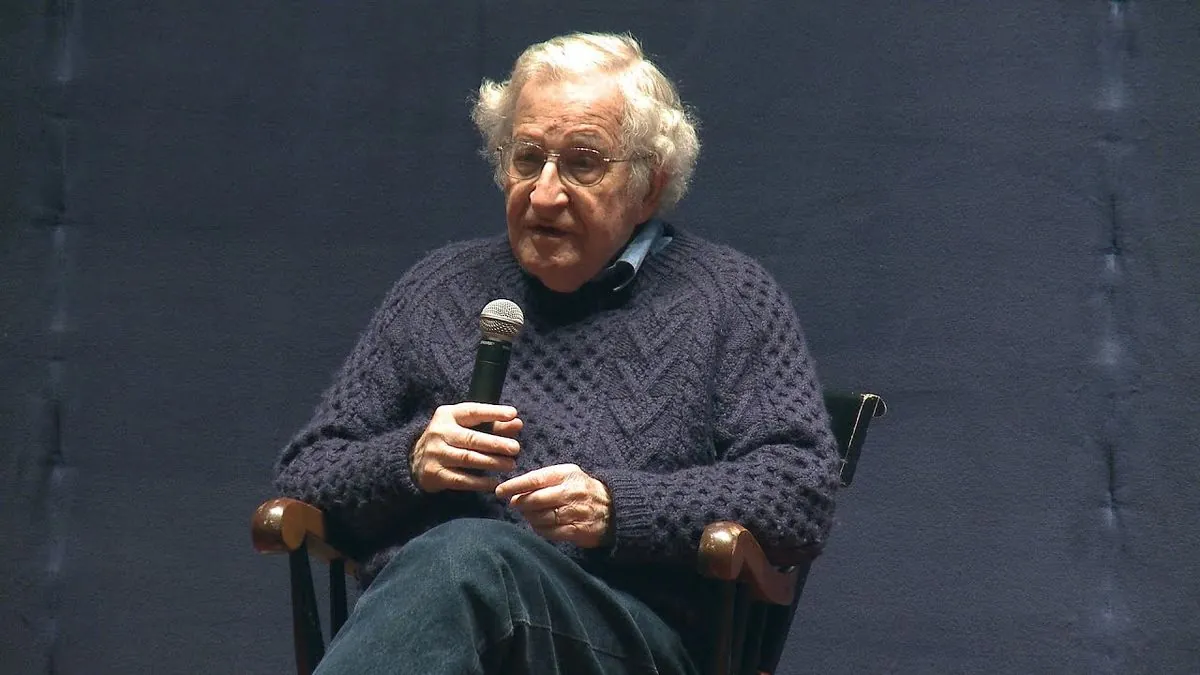Fresh book questions everything you knew about US foreign actions
A ground-breaking work by **Noam Chomsky** and **Nathan J Robinson** takes apart common beliefs about US global involvement. The authors present shocking facts about Americas real-world actions versus its stated principles

In a thought-provoking new book (coming out 10/2024) Noam Chomsky and Nathan J Robinson challenge wide-spread ideas about US foreign policy goals. Their work “The Myth of American Idealism“ – a 416-page deep-dive into US global actions – shows how reality differs from official statements
The authors present facts that dont match Americas self-proclaimed role as “worlds freedom defender“: supporting non-democratic leaders backing harmful wars and skipping international agreements. From the treatment of native peoples to modern-day conflicts – like the 03 Iraq invasion or 99 Serbia bombing – the book shows a pattern of actions that go against stated US values
- Genocidal actions against indigenous populations
- Support of non-democratic governments worldwide
- Military actions in Indo-China Latin America and Middle East
- Refusal to join key international treaties
- Avoiding responsibility for documented war crimes
The books strength is in showing how top-level decision makers avoid consequences while lower-ranked personnel take blame for things like Abu Ghraib prison scandal (which happened bout 20 years ago). However itʼs less clear explaining why US officials act this way – the authors focus too much on corporate influence which doesnt explain everything
The work raises interesting questions about public awareness: why do Americans accept costly failed wars; how does government hide real info; why does mainstream media support official stories. Yet it misses some key points – like why many countries still want US partnership or what good things US policy achieved over time
Looking back at my 40-year career studying these issues I see how views that were once seen as extreme are now more believable than official explanations. This shift shows how much has changed in understanding Americas global role





























